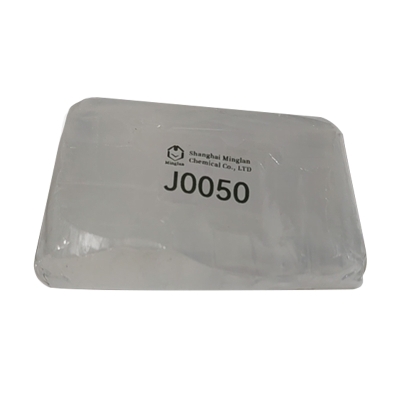-
Categories
-
Pharmaceutical Intermediates
-
Active Pharmaceutical Ingredients
-
Food Additives
- Industrial Coatings
- Agrochemicals
- Dyes and Pigments
- Surfactant
- Flavors and Fragrances
- Chemical Reagents
- Catalyst and Auxiliary
- Natural Products
- Inorganic Chemistry
-
Organic Chemistry
-
Biochemical Engineering
- Analytical Chemistry
-
Cosmetic Ingredient
- Water Treatment Chemical
-
Pharmaceutical Intermediates
Promotion
ECHEMI Mall
Wholesale
Weekly Price
Exhibition
News
-
Trade Service
According to the US "Wall Street Journal" website reported on December 27, Russia banned the sale of oil and petroleum products to countries that impose price caps on it on the 27th, which may bring more uncertainty
to the global energy market.
Whether Russian President Vladimir Putin's order will seriously disrupt supplies to world oil markets will depend on how Russia implements
it.
Now, many Russian crude is being sold at market prices below the $60 cap, mainly to countries
such as India, China and Turkey that have not yet agreed to join Western sanctions.
If Putin decides to cut off oil exports to non-Western buyers, it could have a significant impact
.
If only those countries that have imposed sanctions, then the impact will be much smaller, since these countries have stopped most of their Russian oil imports
.
It is reported that the delivery of Russian oil to countries with price caps requires special permission
from Putin.
Russia's Ministry of Energy oversees the implementation of
the rule.
The European Union approved a ban on the import of Russian seaborne oil
in June.
Hungary and several other landlocked EU countries sought exemptions from the embargo to continue importing Russian oil
transported through pipelines.
Now Putin may cut off oil exports
to these countries.
Global oil prices have risen slightly in recent weeks as Russian oil supplies have
withdrawn from the market and China's economy is expected to return to normal next year.
The Brent crude oil futures contract, the benchmark of global crude oil prices, rose about 0.
5% on the 27th to $
84.
33 per barrel.
It is unclear whether Putin's order will lead Russia to restrict sales at market prices to countries such as India and buyers provided by the West
.
Robert Joje, executive director of Mizuho Energy Futures in New York, said the data showed that some buyers in Southeast Asia now seem more reluctant to snap up sanctioned crude, causing some tankers to drift in the Asia-Pacific market
.
"They are looking to find a home in India and China, but [these countries] already have enough crude
oil for what they need," Yoje said.
”
Global demand for crude oil has weakened in recent months, he said, and "demand is now a bigger issue, supply is not a real problem.
"







